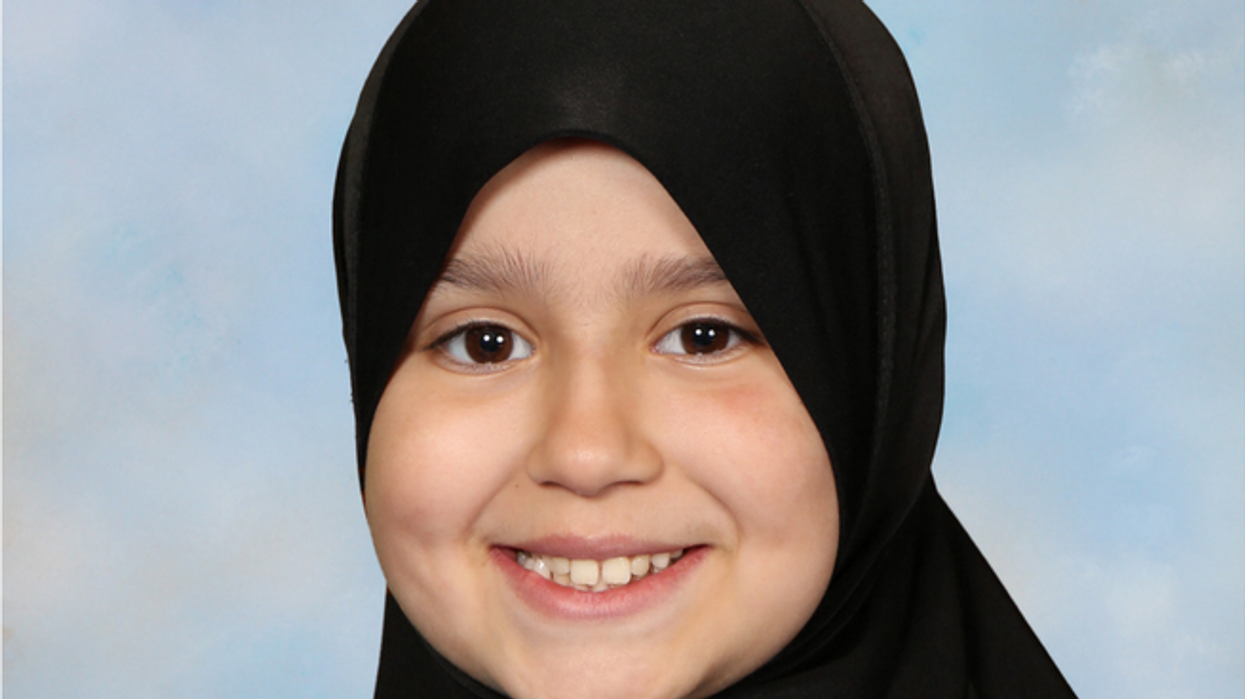THE stepmother of Sara Sharif has been accused of subjecting her 10-year-old stepdaughter to horrific and systematic torture before ultimately killing her.
Giving evidence at the Old Bailey, Sara's father Urfan Sharif revealed that Beinash Batool had tied the child's hands behind her back with tape for being "naughty."
He recounted an incident where he returned home unexpectedly to find a "terrified" Sara with her hands tied. Batool allegedly told Urfan that she had done this because Sara had been "naughty."
Sharif told the court that he was angered by the sight and helped free Sara, who was "terrified" and "scared." He further alleged that Batool apologised and promised not to do it again, describing her as "very manipulative."
The British Pakistani taxi driver also testified that Batool would frequently blame Sara for everything that went wrong in the household, calling her a "psycho" and "evil."
He claimed that Batool had even slapped Sara after accusing her of injuring other children in the family. The court heard that Sara's extended family was aware of Batool's disturbing behaviour.
Urfan told jurors that Batool's family had informed him that she was "possessed" and that "someone has done black magic on her." They had advised him not to leave Sara alone with Batool, as she would become "very, very crazy" and "not care about anything at all."
Sara's body was found with dozens of injuries at the family's home in Woking, Surrey, last year. Urfan, 42, Batool, 30, and Sara's uncle, Faisal Malik, 29, have all been charged with Sara's murder, which they have denied.
A post-mortem examination revealed that the 10-year-old had suffered dozens of injuries, including "probable human bite marks," an iron burn, and scalding from hot water.
Urfan's defence counsel, Naeem Mian KC, argued that Batool was the "true villain" and that his confessions, made over the phone from Pakistan and in a note left by Sara's body, were attempts to protect his wife.
The court also heard that the family had travelled to Islamabad, Pakistan, just a day after Sara's death, with Urfan reportedly calling the police from there and admitting to killing his daughter.
However, he has maintained his innocence, telling the court that he was "cursing" himself for leaving Sara "like an orphan" and that he only made the confessions to protect his family.
During the trial, the court was shown two video clips that Urfan claimed were evidence of Batool physically abusing him in 2016 and 2019. He became emotional as he described the tumultuous relationship between him and his wife.
Urfan told the jurors that their relationship "has never been good" and that they "always had issues" with each other, only living together "because of the family."
In the first video, recorded on 28 February 2016, he said Batool had accused him of flirting with a hospital nurse and then "physically abused" him. "She kicked me. I ran to the other room, she is standing in front of the door so I cannot leave," he told the court.
The second video, dated 26 June 2019, showed Urfan repeatedly asking Batool to "let me go" before he jumped out of a window. He explained that Batool had "slapped" him and locked the front door, leaving him no choice but to escape through the kitchen window.
When asked why he recorded these incidents, he said it was so that Batool "leave me alone" and "stop what she was doing."
Urfan also revealed that he had to sit in the car with Sara when Batool visited her own family, due to his daughter's mixed heritage.
The trial in the case continues.





